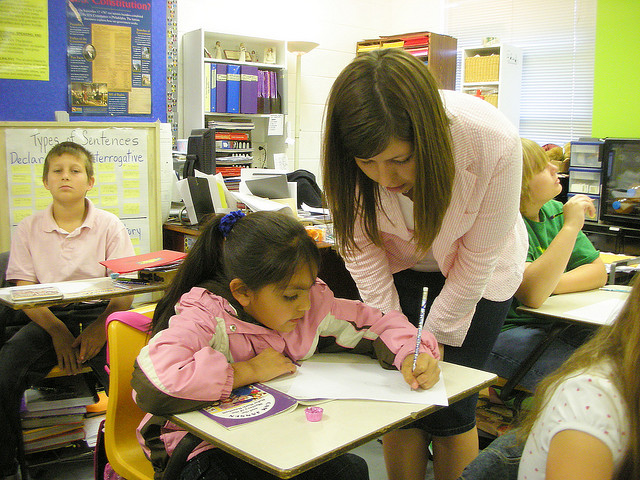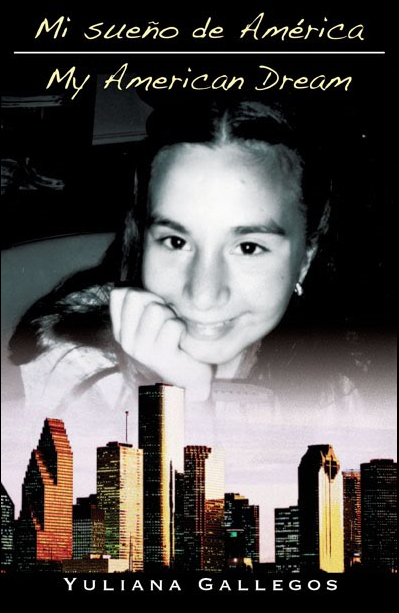Black and Latino parents want better teachers and harder classes for their kids

*More proof that, contrary to the myth believed by many non-Latinos, the Latino culture emphasizes education. Another truth told in this story is that Latino parents believe white kids get a better education. Funding schemes, expectations and a cycle of poverty all contribute to the myths that hide the reality. Latinos care about education, and Latino kids are regularly short-changed. VL
 By Soanli Kohli, Los Angeles Times (2 minute read)
By Soanli Kohli, Los Angeles Times (2 minute read)
headlines and talk shows across the country often feature parents worried about their children’s stressful workload or pulling their kids out of new standardized tests.
But an umbrella organization of civil rights groups contends that there is a huge population of people whose voices are missing when talking about the needs of schools. In a nationally representative survey of black and Latino parents in the U.S., the Leadership Conference Education Fund found that these parents care about having good teachers, more money for their schools and a more challenging curriculum for their students.
Read more NewsTaco stories on Facebook. >>
The poll was conducted by Anzalone Liszt Grove Research and commissioned by the Leadership Conference on Civil and Human Rights’ Education Fund, the nonprofit arm of a group of civil rights organizations including the National Council of La Raza, the National Association for the Advancement of Colored People and national teachers unions. It surveyed 400 black parents and 400 Latino parents, with a margin of error of 4.9 percentage points for each.
Half of the black and Latino parents surveyed believe that good teachers are the most important asset needed to make a school great. Only 2% percent in each group cited less reliance on standardized testing as the most important component . . . READ MORE
[Photo by BES Photos/Flickr]
Suggested reading


